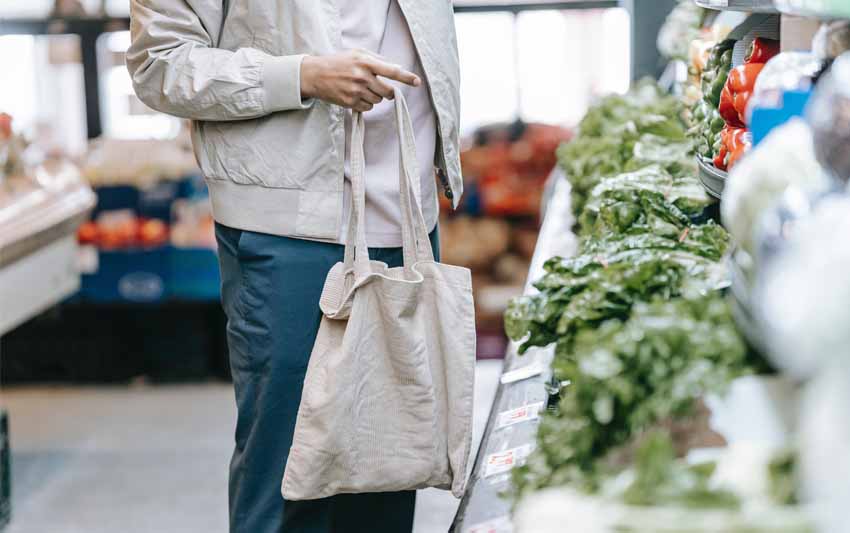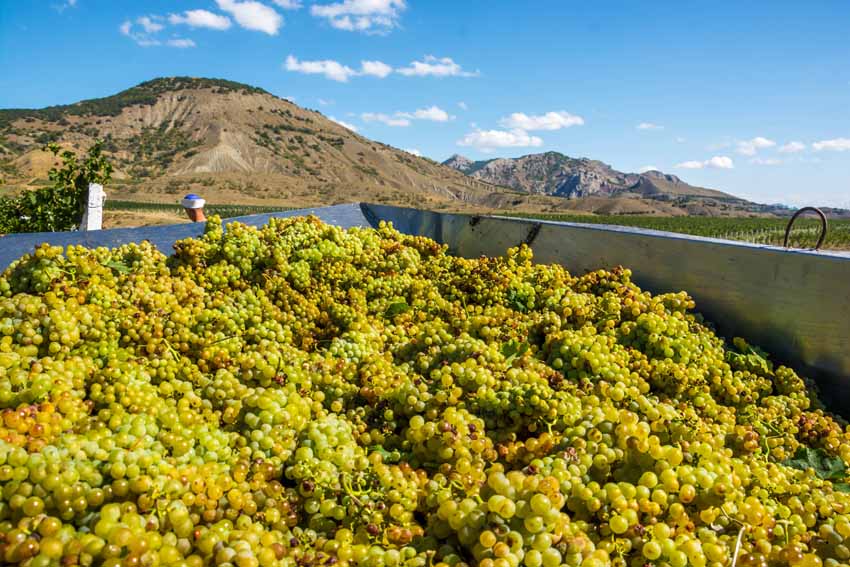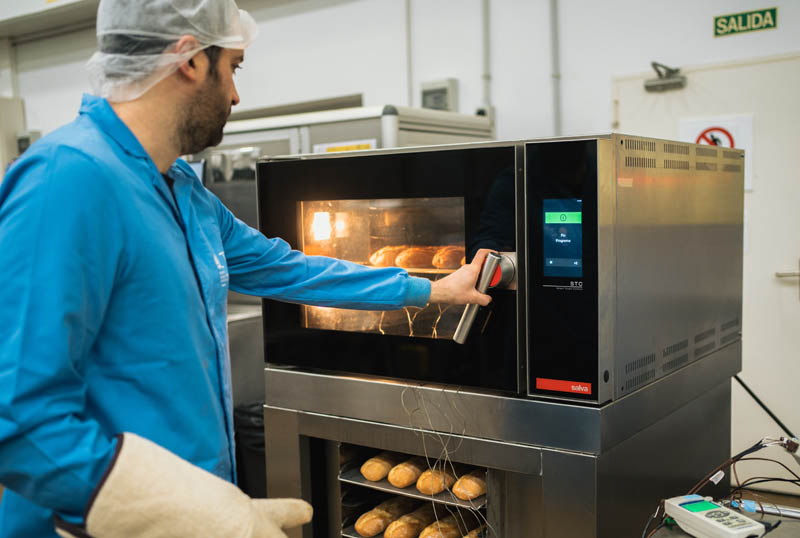The food system’s sustainability paradox: cause and victim of Europe’s environmental impact
Últimas noticias
Una mirada LGTBIQ+ al reino animal
Circular Economy in Action: Valorisation of By-products through Projects like PRIMA NEWFEED
Strategic Perspectives: Highlights from the Food4Future World Summit for Business Leaders
ROGELIO POZO, CEO at AZTI
Commission President Ursula Von der Leyen has proposed a 55% reduction in EU pollutant emissions by 2030. We face a huge challenge, but there is reason to be optimistic: the vision of “sustainability” can be applied to all areas of human activity. It is a great challenge that should guide business strategies, public policies and financial instruments such as European recovery funds. In short, it is the path to transform society and people. Understanding the need to address these changes is fundamental so that, through public-private collaboration, the future can be faced with guarantees of success. The economic development of the future will be sustainable or there will be no development.
All scenarios will require significant changes in society, people, business and economic systems. Huge changes in themselves and with huge interdependencies. Ultimately, it is about driving human development based on a recovery that pursues a single goal: to make a better, sustainable and healthy world. This requires tackling major challenges such as: reforming and transforming food production systems; electrifying our lives; redesigning production processes; decarbonising fuels; and driving carbon management and markets.
In this context, the food system is at the centre of attention, being both a cause and a victim of the environmental impact generated in Europe. Therefore, in order to reduce environmental degradation and achieve the Sustainable Development Goals, it is essential to promote more sustainable production and more responsible consumption of food and beverages.
Responding to this important challenge involves: incorporating new, more efficient food production technologies that reduce water and energy consumption and generate less food waste; promoting the production of new sources of sustainable and healthy protein and moving towards a change in diet that includes alternative proteins; circularity and efficiency of natural resources; digitalisation of food systems, from primary production, logistics and traceability to the consumer in order to be more efficient and generate less waste throughout the chain; commitment to sustainable packaging while guaranteeing food quality and safety. All this will not be possible without the involvement of consumers – prioritising the choice of more sustainable products when buying – and the support of science – providing accessible and easy-to-implement innovations.

When it comes to consumption, we are increasingly aware of this need and we are more sensitive to the environmental impact of food, which is why companies have made sustainability a fundamental pillar of their corporate values and development strategies. In this sense, science is promoting systems to measure the ecological footprint of food production to provide information to consumers so that food and drink purchases can be made with environmental criteria and scientific rigour.
One such initiative driven by the EU regulatory framework is the use of the ENVIRO-SCORE, a simple, visual, intuitive and scientifically robust communication system that will provide consumers with understandable information to identify and compare the most sustainable alternative between different food and drink products. It will also indicate to companies the changes and improvements they need to make to become more sustainable.
In this way, consumers, from our shopping basket, will be able to contribute and force the path of environmental sustainability and become aware of the real environmental impact of these products. It will be consumers, through their purchasing behaviour, who will also stimulate innovation by companies in the sector to offer more sustainable goods and services and establish minimum standards to reduce the environmental impact of products.
There is still a long way to go, but the steps that are being taken are in the right direction.







